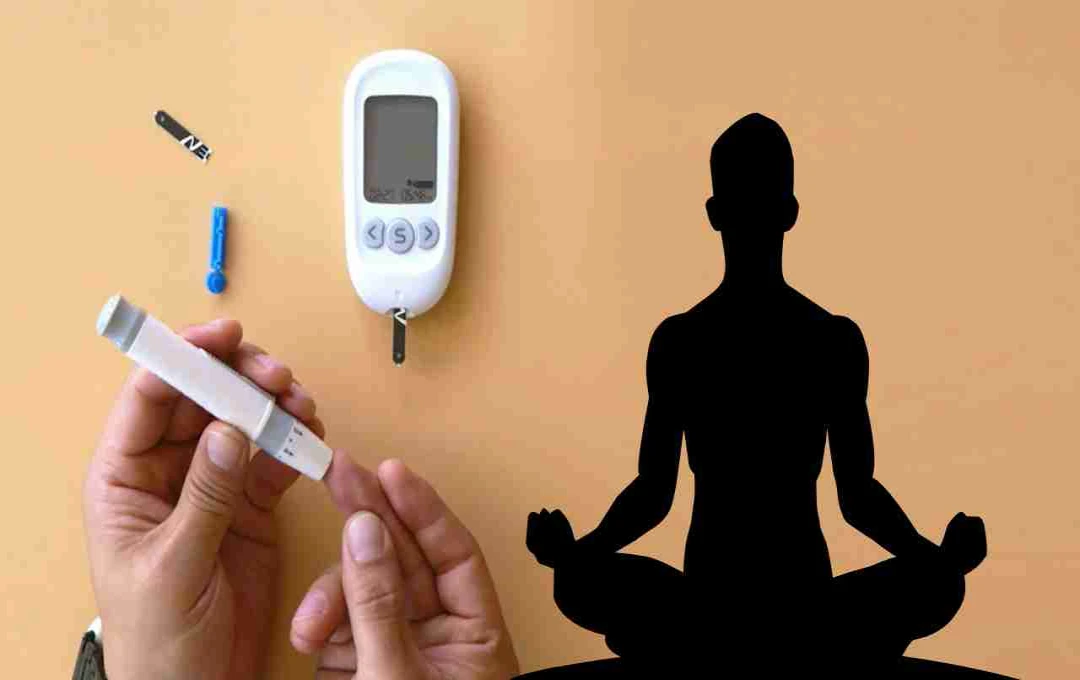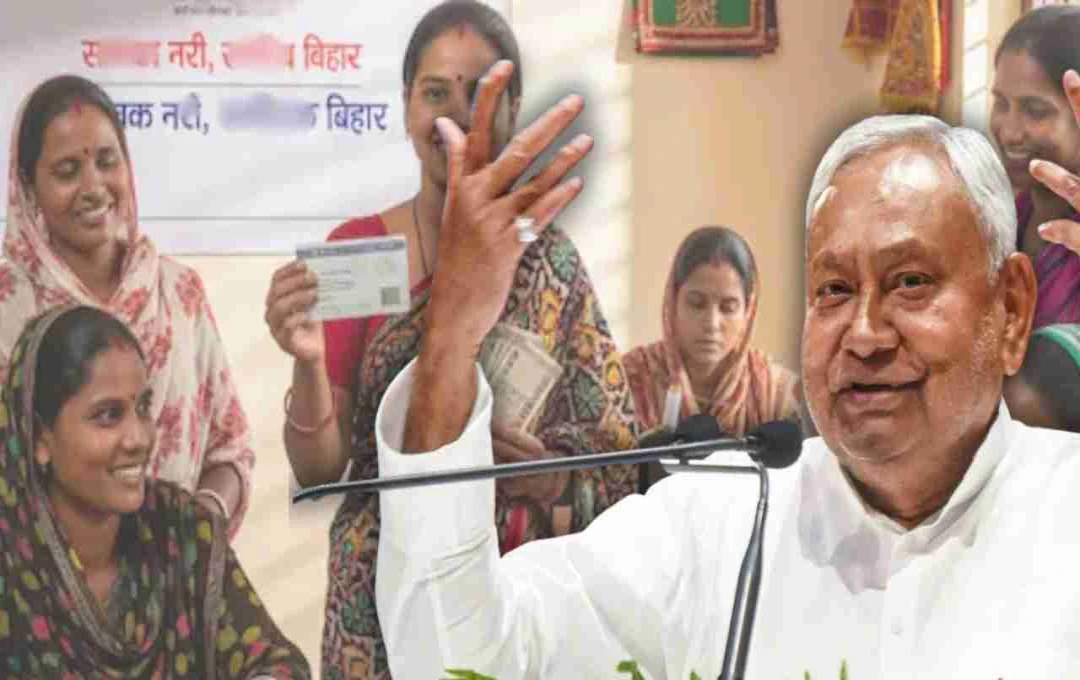This report has been prepared by the Research Society for the Study of Diabetes in India (RSSDI). The study was led by Dr. S.V. Madhu, a renowned endocrinologist in the country. The report states that yoga can act as a panacea for people with a family history of diabetes or those struggling with problems like obesity, high blood pressure, and stress.
Scientific Confirmation for the First Time
Until now, most research has focused on people already suffering from diabetes, but this is the first time that such a study has been conducted on people who do not yet have diabetes but have its symptoms or risk factors. According to the report, yoga not only improves physical fitness but also stabilizes mental condition. This is why it helps in balancing blood sugar levels.
Study Based on Non-Clinical Grounds
However, this study is currently in a non-clinical phase, i.e., before medical examination. It has now been sent for further scientific testing so that its results can be confirmed in depth. The report states that the effect of yoga has been seen positively on blood glucose levels, insulin sensitivity, and metabolism rate. Clinical data may also come out in the next phase.
Which Asanas Have Been Found Effective

The report specifically mentions some yoga asanas that have been found beneficial in reducing the risk of type-2 diabetes. These include easy yoga practices like Surya Namaskar, Bhujangasana, Paschimottanasana, Trikonasana, and Dhanurasana. In addition, practices like pranayama and meditation have also been included in it. All these activities help in the proper utilization of insulin inside the body and also reduce stress.
Minister Calls it a Step Towards Scientific Evidence
The country's Union Minister of Science and Technology, Dr. Jitendra Singh, has termed this report as very important. He said that this is the first time that India's traditional medicine system has been certified from a scientific point of view. He says that the effect of yoga on a disease like diabetes is a big step, which brings modern science and Indian tradition together.
He also informed that the Department of Biotechnology is now conducting more in-depth studies on this subject so that it can be found out how effective results can be obtained from yoga in the treatment or prevention of diabetes.
Increasing Risk of Diabetes in India
The number of diabetes patients in the country is continuously increasing. Poor lifestyle, unbalanced diet, physical inactivity, and increasing stress are considered to be the main reasons behind this. Type-2 diabetes occurs when the insulin produced in the body is unable to perform its role properly or its quantity becomes less. Its effect falls on the entire body and it can damage the eyes, kidneys, heart, and nervous system.
How Yoga Helps

Yoga is not just a process of stretching the body, but it is a way to bring about a change in the entire lifestyle. Doing regular yoga not only brings flexibility to the body but also improves blood circulation. When blood circulation is better in the body, it is easier to control blood sugar levels.
Yoga also helps in reducing mental stress, which is considered a major cause of diabetes. Activities like meditation and pranayama help in keeping the mind calm and also improve sleep, which can play an important role in preventing diabetes.
Special Effect Seen in Urban Youth
The report states that the risk of type-2 diabetes was seen to be significantly reduced in the young participants included in this study. Especially urban youth, who are trapped in stress and a hectic life, got better results through yoga. This is a sign that if young people include yoga in their routine in time, they can avoid serious diseases in the future.
Can be Used on a Large Scale
The report also suggests that such yoga-based programs should be implemented across the country, especially in schools, colleges, and offices. This will not only increase awareness among the youth but will also prevent the disease at an early stage. In the coming times, the government may take more steps in this direction.















